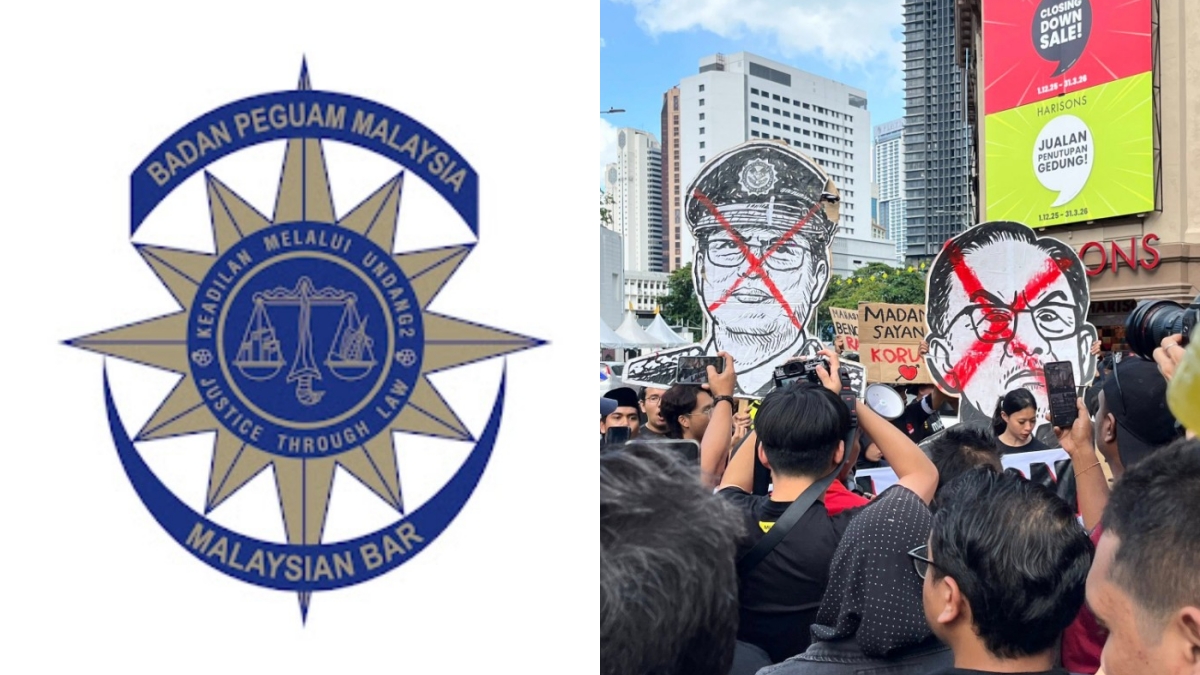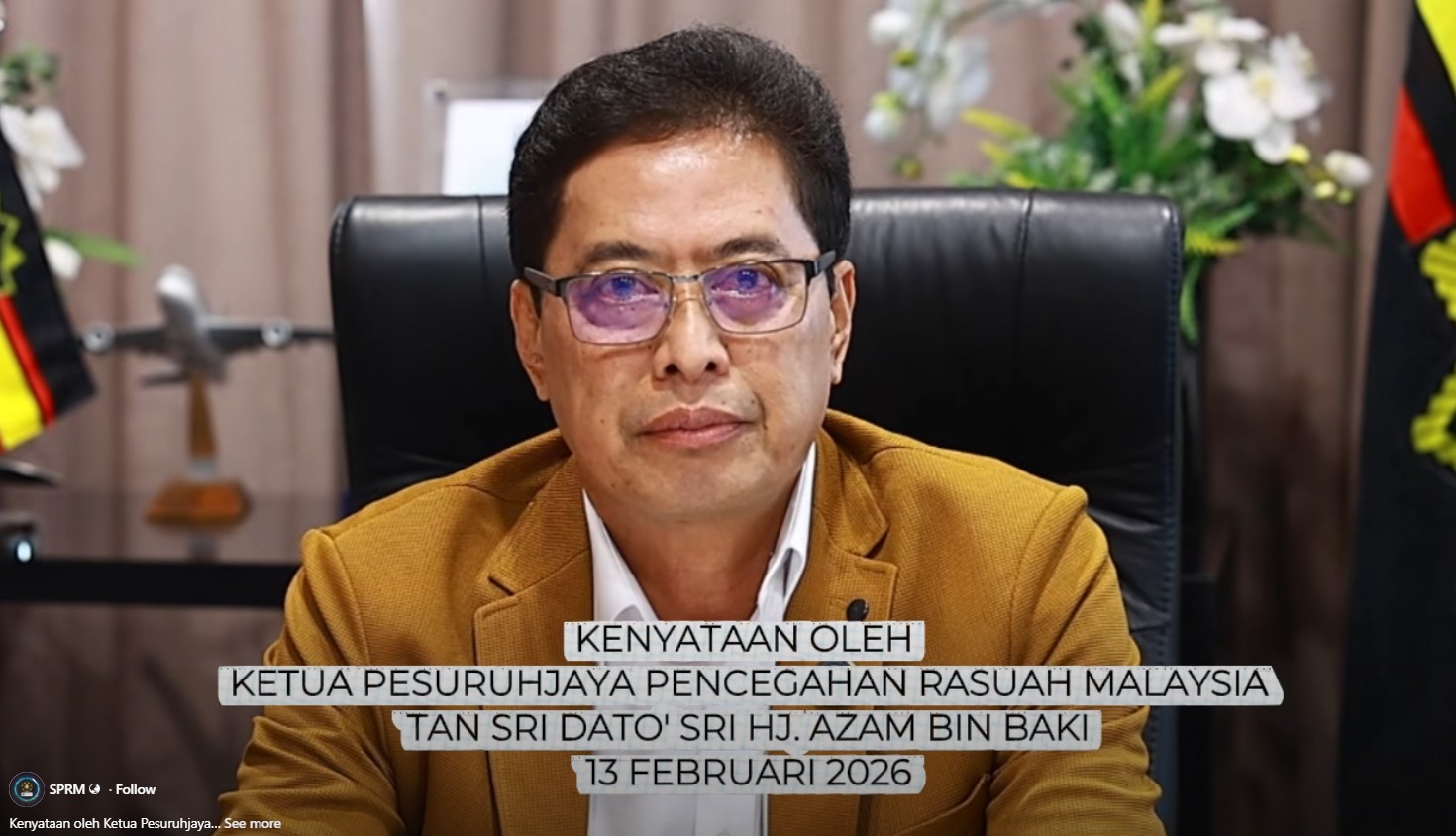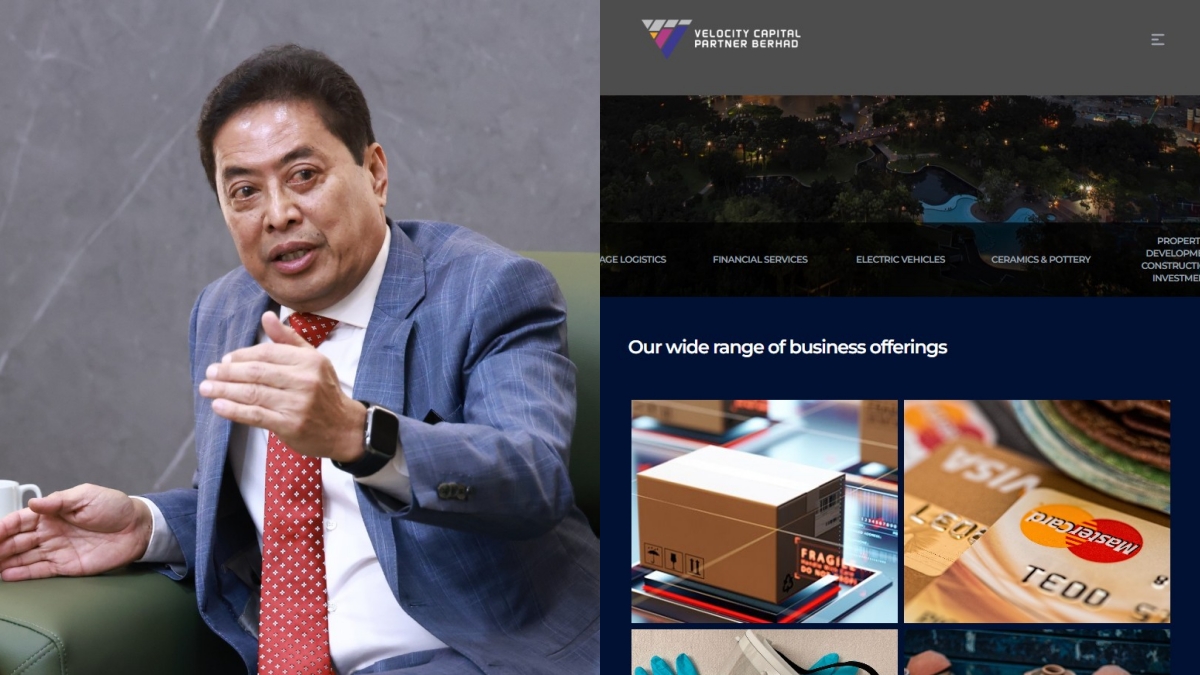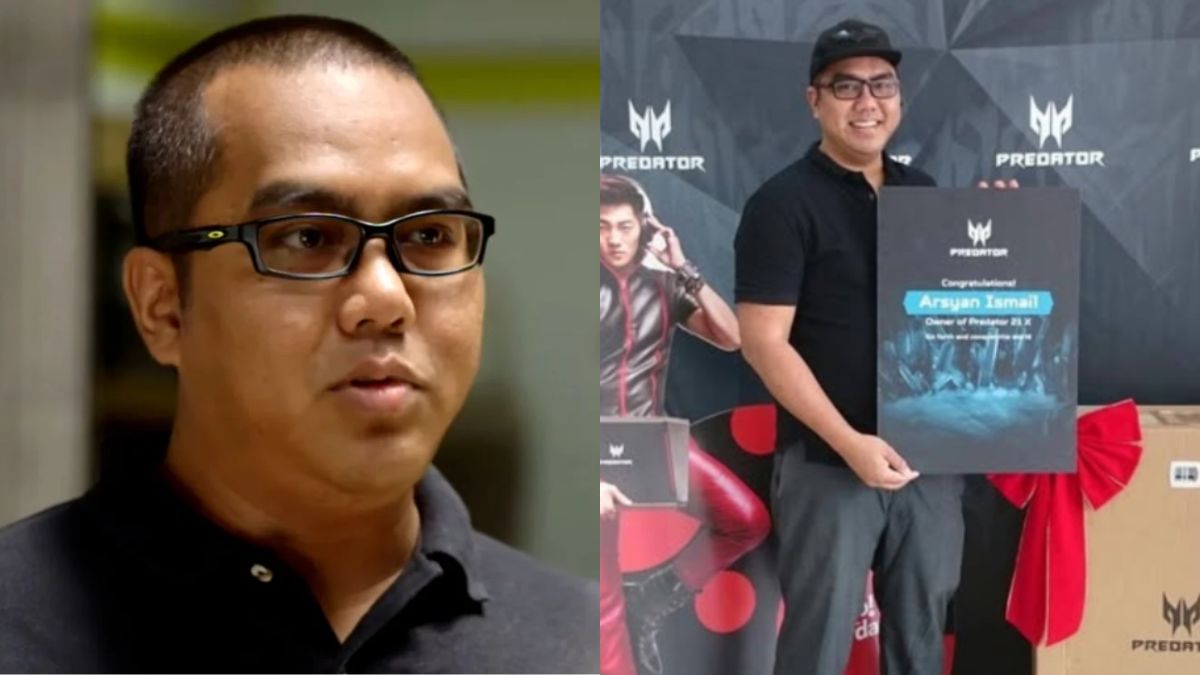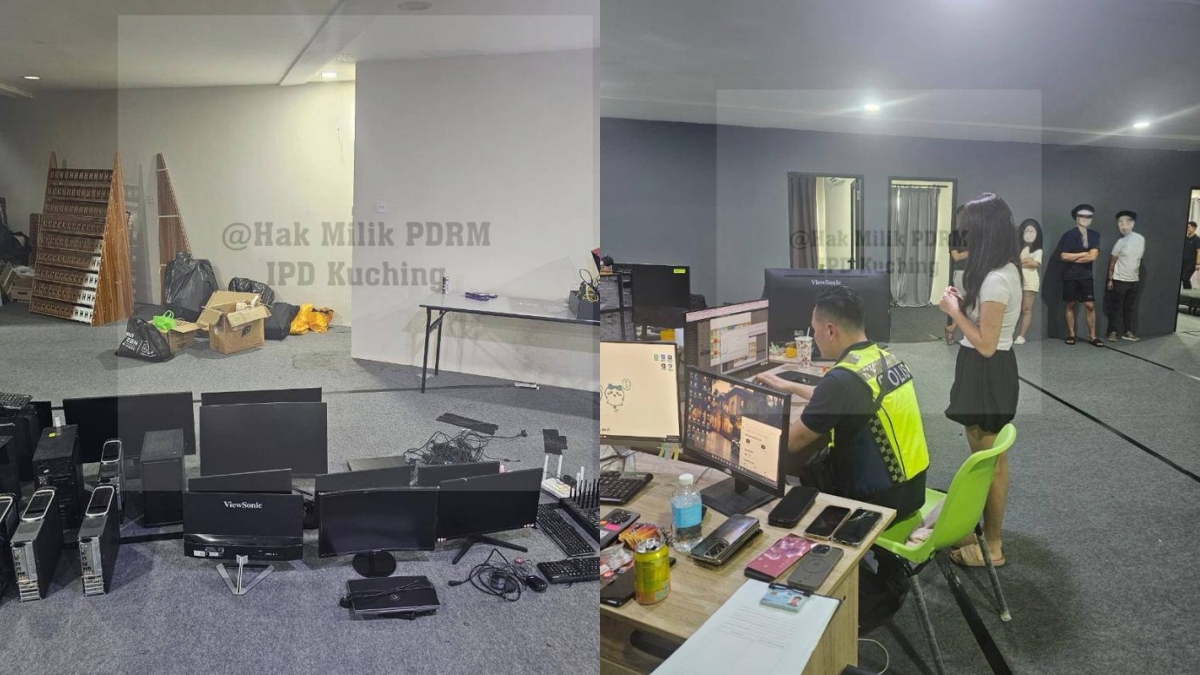Malaysia’s PAS rebuts Singapore minister’s claim, rejects being cast as a ‘convenient boogeyman’
Malaysia’s Islamic Party (PAS) on 15 October 2025 rejected Singapore’s accusation of political interference, saying the claim by Coordinating Minister for National Security K Shanmugam was a “political shortcut” to deflect domestic concerns. PAS reaffirmed respect for sovereignty and urged against “manufacturing enemies.”
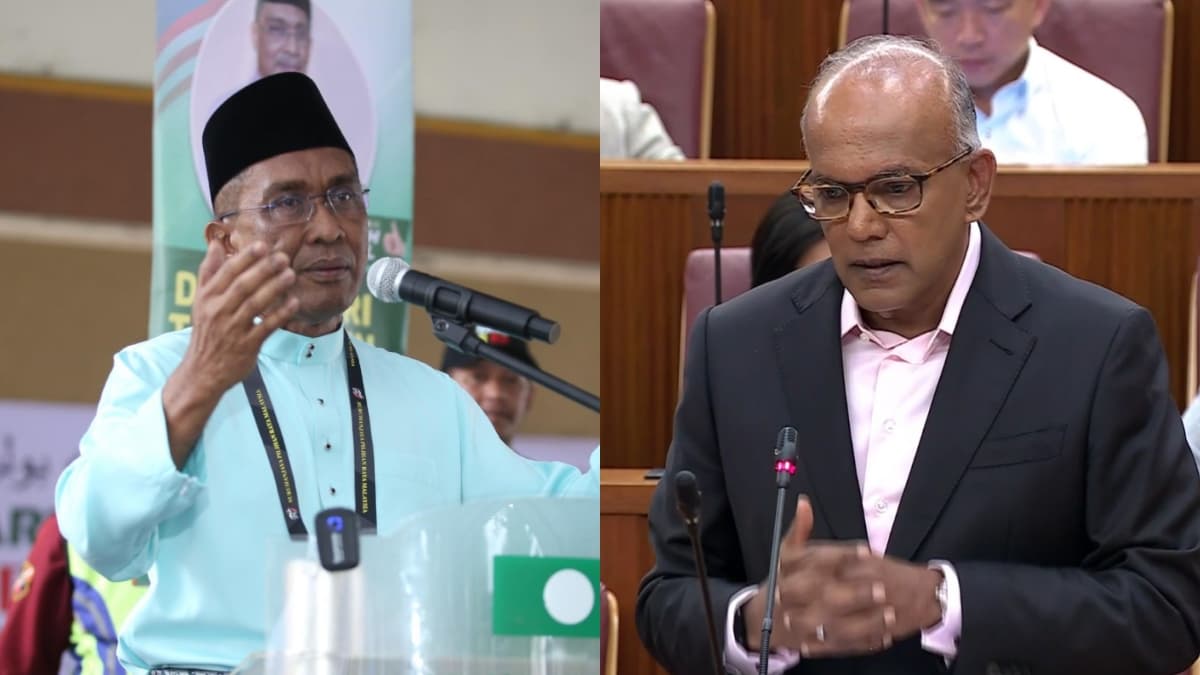
- Malaysia’s Islamic Party (PAS) rejected claims by Singapore’s K Shanmugam of interference in Singapore’s politics.
- PAS secretary-general Takiyuddin Hassan called the allegation a “political shortcut” and urged Singapore to focus on domestic issues.
- Singaporean authorities had earlier directed Meta to block posts by PAS members ahead of GE2025.
KUALA LUMPUR, Malaysia: Malaysia’s Islamic Party (PAS) on 15 October 2025 strongly rejected allegations by Singapore’s Coordinating Minister for National Security, K Shanmugam, that the party was attempting to interfere in Singapore’s politics.
In a statement, PAS secretary-general Takiyuddin Hassan described the accusation as a “political shortcut” designed to distract from internal political issues.
PAS: ‘Stop blaming neighbours for domestic issues’
Takiyuddin, in a media statement titled “Singapore, address your domestic concerns, not blame neighbours,” said the party “firmly rejects the attempt to cast our party as a convenient boogeyman to advance domestic political agendas in Singapore.”
He added that PAS would not allow what he called a false narrative to stand, in which cross-border commentary was “sensationalised into a security threat for short-term partisan gain.”
‘Interference’ narrative exaggerated, says PAS
According to Takiyuddin, Singapore, as a self-described global hub, should expect the free flow of opinions and ideas across borders. He argued that classifying online remarks without links to funding or coordination as “interference” was an exaggeration.
Such framing, he said, risked “diminishing the meaning” of the term and could stifle legitimate public discourse. He further warned that if digital engagement were treated as interference, the logical conclusion would be to “disconnect from the world”—a move incompatible with Singapore’s open economy.
Takiyuddin said that a mark of a mature state lay in its ability to engage confidently in dialogue.
He called it “disingenuous” to suggest that Singaporean voters were so easily influenced by foreign views that they required protection from them.
“Blaming outsiders for internal debates is a classic political deflection tactic,” he said, noting that such approaches rally the public against a fabricated threat instead of addressing genuine concerns.
He added that this strategy “trades long-term problem-solving for short-term unity against a scapegoat.”
PAS reaffirms respect for sovereignty
The secretary-general reiterated that PAS’s engagements were conducted through formal and proper channels, guided by respect for national sovereignty.
He said this allowed the party to address issues of faith, justice, and social wellbeing without crossing into another country’s electoral processes.
“In return,” he said, “we expect reciprocal restraint—do not manufacture enemies where none exist or weaponise regulatory tools to chill legitimate speech.”
Singapore minister’s earlier remarks
Takiyuddin’s remarks were in response to a ministerial statement made by K Shanmugam during 14 October Singapore Parliament sitting, who urged politicians to resist the temptation to use race and religion in election campaigns for easy political wins.
Shanmugam referred to reactions from the opposition Workers’ Party (WP) to remarks by self-styled religious teacher Noor Deros and politicians from PAS. He said WP could have been more decisive and unambiguous in its response.
The minister emphasised that political parties should “immediately, clearly and unequivocally” reject any attempts by foreign actors to influence Singapore’s politics.
Alleged incidents of interference
Singapore’s Home Affairs Ministry (MHA) and Elections Department (ELD) had, in April 2025, identified several foreigners allegedly attempting to influence the upcoming GE2025 election.
Authorities said they directed Meta to block Facebook posts by two Malaysian politicians from PAS and a former Internal Security Act detainee who is now an Australian citizen. These posts expressed support for certain opposition candidates and criticised government policies.
The blocked content reportedly included two PAS newsletter articles—one profiling Malay opposition candidates, and another criticising Singapore’s housing policies while linking them to immigration.
Shanmugam: PAS intervention not benign
Shanmugam told Parliament that PAS, as an Islamist party seeking to “Islamise society in Malaysia,” could not be seen as a neutral actor.
He questioned whether PAS’s support for WP’s Malay-Muslim candidates reflected any genuine concern for Singaporeans’ welfare or alignment with Singapore’s multiracial, multireligious model.
He cited history to caution against communal campaigning, recalling the 1963 General Election and subsequent July 1964 riots, which he said stemmed partly from racial polarisation stirred by Malaysian political forces after the PAP defeated UMNO candidates in Malay-majority constituencies.
According to Shanmugam, the 1964 episode showed how fragile race relations could be when politics was framed along communal lines.
He said Prime Minister Lawrence Wong had responded robustly in April to “dangerous statements” made by Noor Deros, believing that such rhetoric had to be addressed openly to prevent escalation.
PAS: focus on governance, not fear
Takiyuddin maintained that Singapore’s leaders should channel their energies towards policy-building and consensus, rather than invoking external threats for short-term political unity.
He said the narrative of interference “conveniently shifts focus away from difficult domestic issues,” adding that mature democracies should engage opposing views instead of curtailing legitimate political speech.
The PAS secretary-general ended his statement by reaffirming the party’s commitment to mutual respect and non-interference, calling for dialogue rooted in mutual understanding rather than suspicion.


